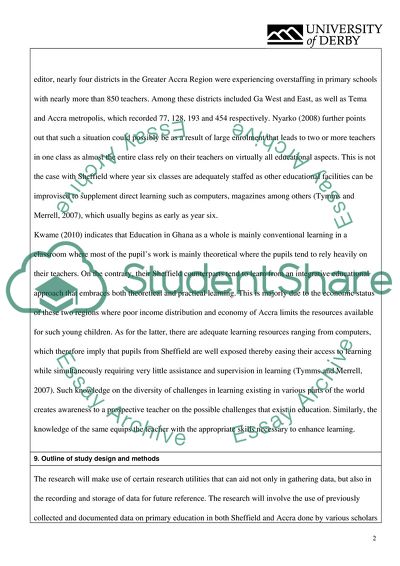Retrieved from https://studentshare.org/education/1581949-request-for-ethical-approval-for-individual-studyprogramme-of-research-by-university-students
https://studentshare.org/education/1581949-request-for-ethical-approval-for-individual-studyprogramme-of-research-by-university-students.


